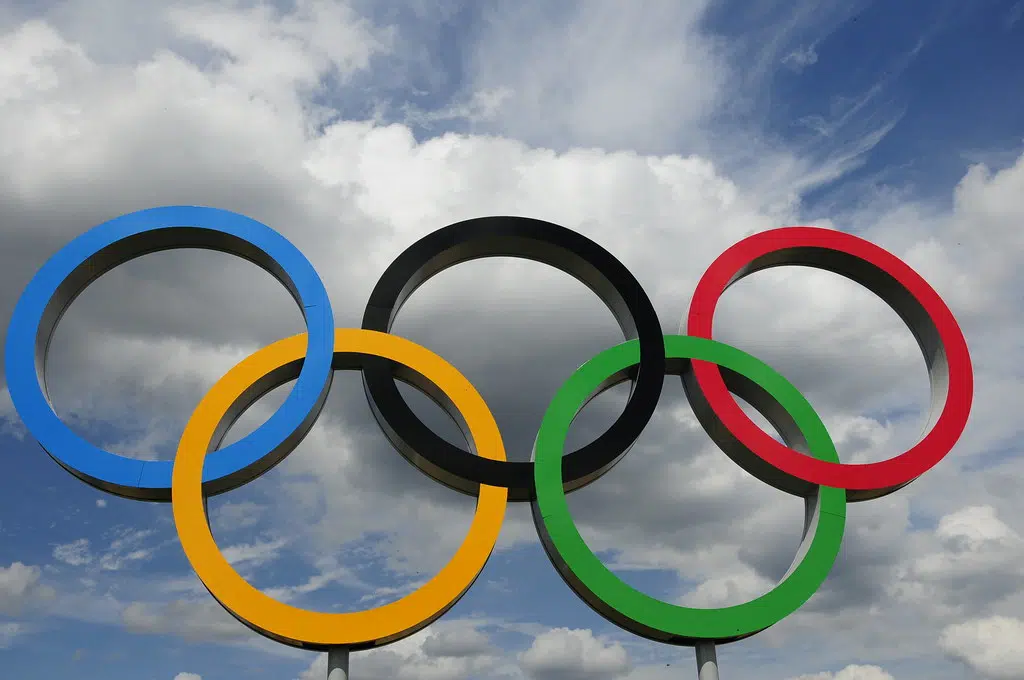BEIJING (AP) — Beijing Olympic organizers and the International Olympic Committee have responded to questions about why an athlete from China’s Uyghur community was picked to help deliver the Olympic flame to the opening ceremony of the Beijing Games.
The cross-country skier at the center of the issue is from Xinjiang province, where Western governments and human rights groups say the Beijing government has oppressed members of the Uyghur Muslim minority on a massive scale. The selection for the high-profile duty was seen by some as a provocation.
Asked about the choice, IOC spokesman Mark Adams said “we don’t discriminate against people on where they are from” and she was entitled to take part as a competitor.
Also in Beijing:
— The third and final training session for men’s downhill skiing at the Beijing Games has been canceled because of high winds. Organizers say they made the decision “in the best interest of safety.”
— Ukrainian figure skater Ivan Shmuratko has cleared COVID-19 protocols by returning two negative tests on consecutive days. That allows him to begin preparing for the men’s individual competition that begins Tuesday.
— Canadian hockey forward Melodie Daoust will not play against Finland and is being listed as day-to-day with an upper body injury. Hockey operations director Gina Kingsbury says Daoust is expected to return during the tournament.
— The IOC an Olympic security guard was “being overzealous” by manhandling a reporter broadcasting live on Dutch television before the opening ceremony. Asked about the incident, a Beijing Olympics spokeswoman said “we welcome all the international media” to report on the games and will protect their legal rights. The reporter was speaking to the camera Friday evening when a security official pushed him away.
— A total of 45 new positive tests for COVID-19 have been announced by organizers of the Beijing Olympics. Athletes and officials account for 25 of the cases, with 20 detected in people arriving at the airport in Beijing and five more in daily PCR tests taken by everyone at the games. The 20 other cases involved people working at the games, including media.


